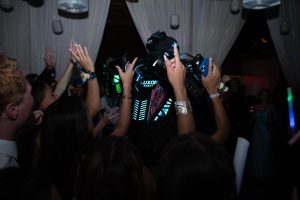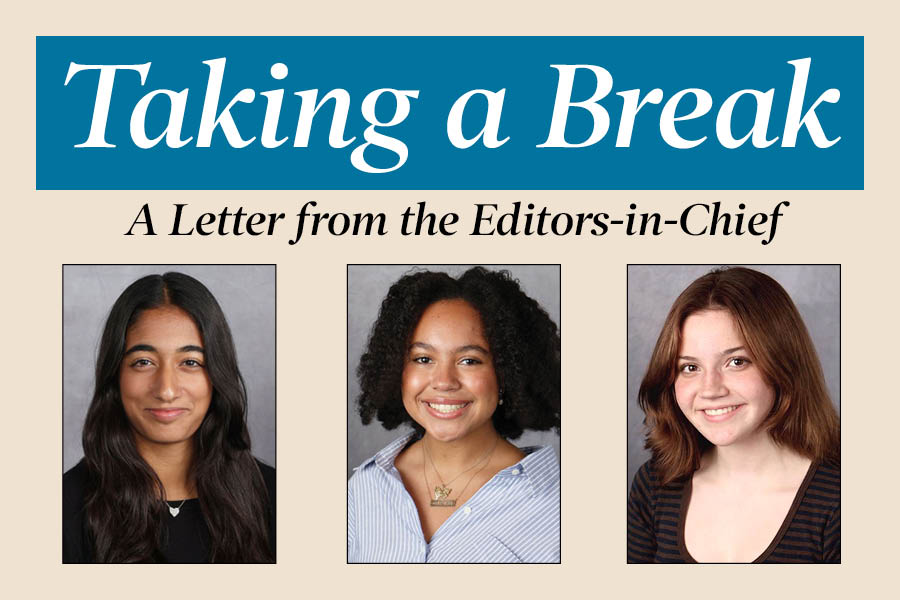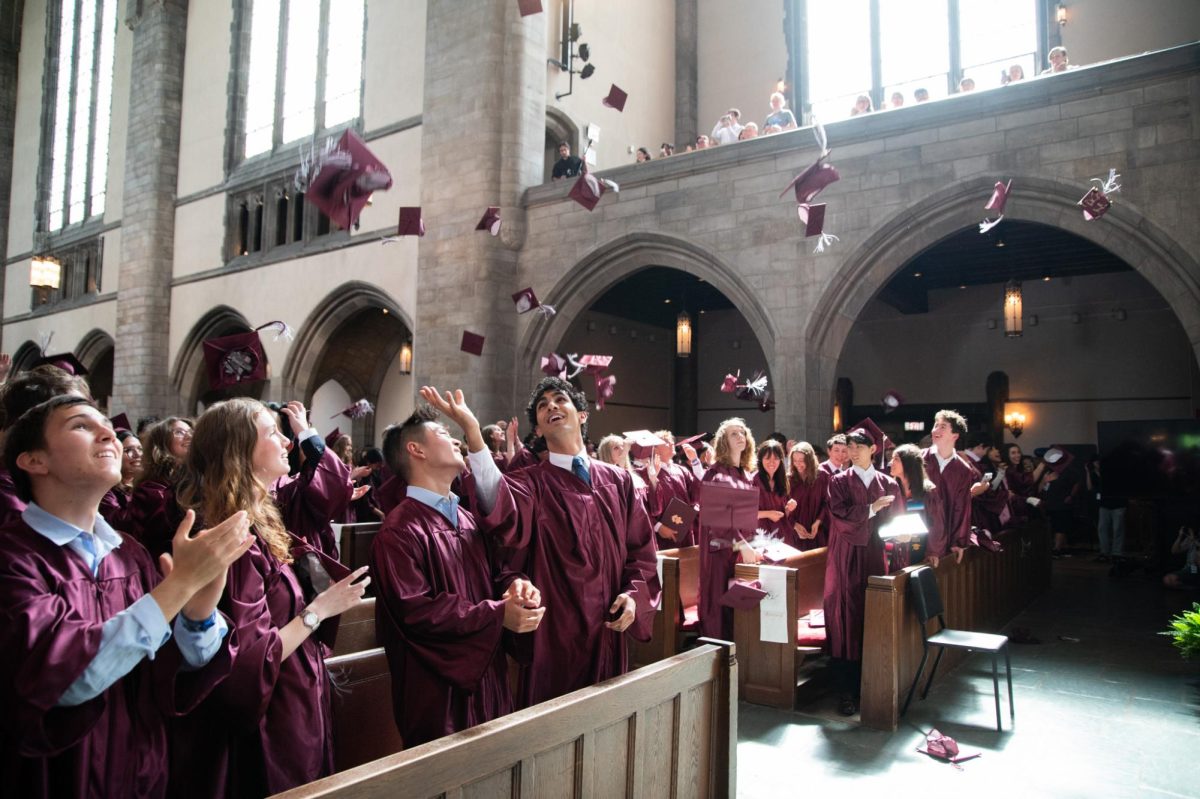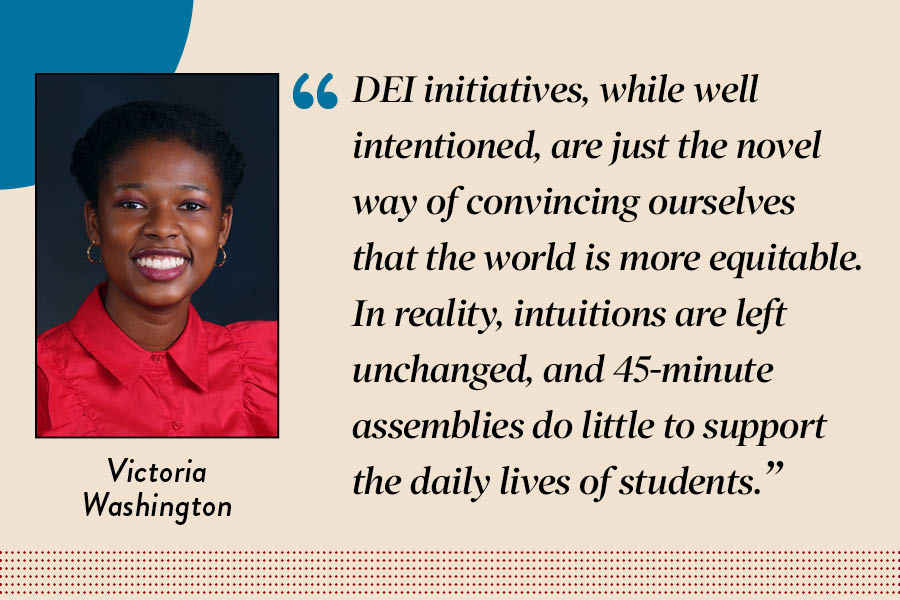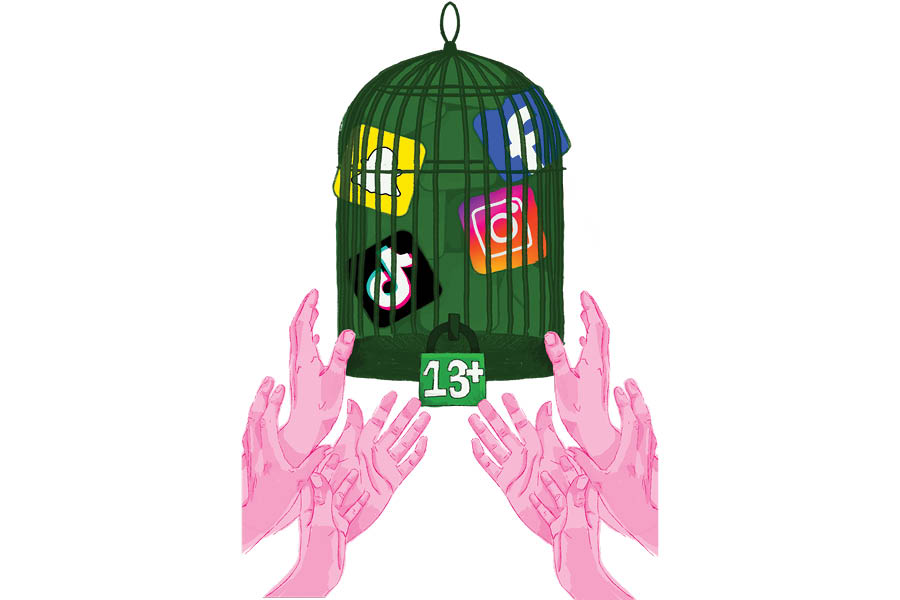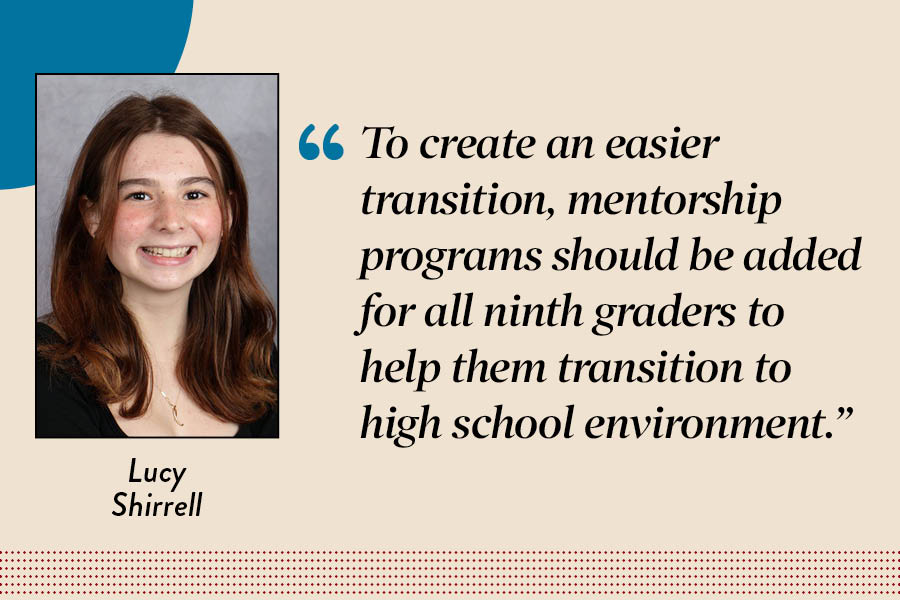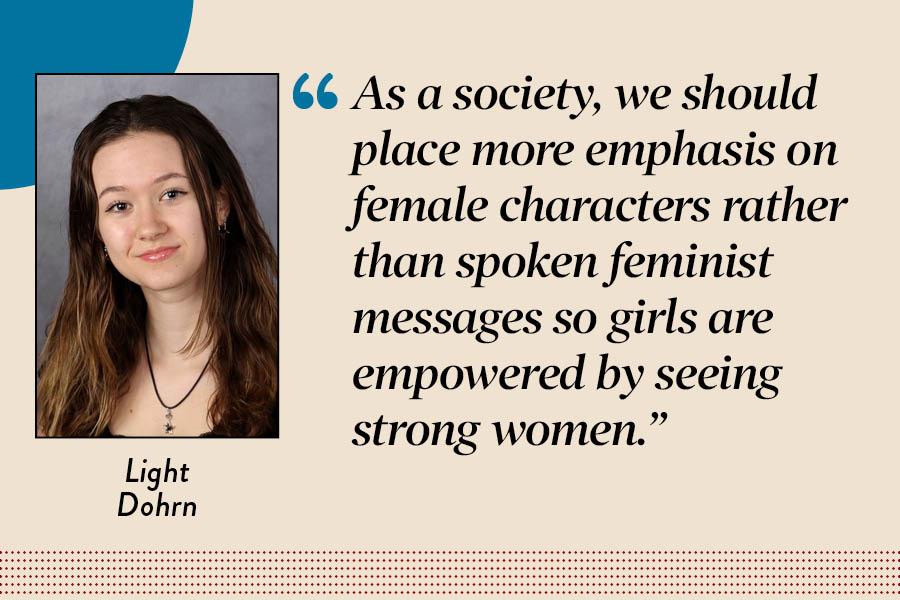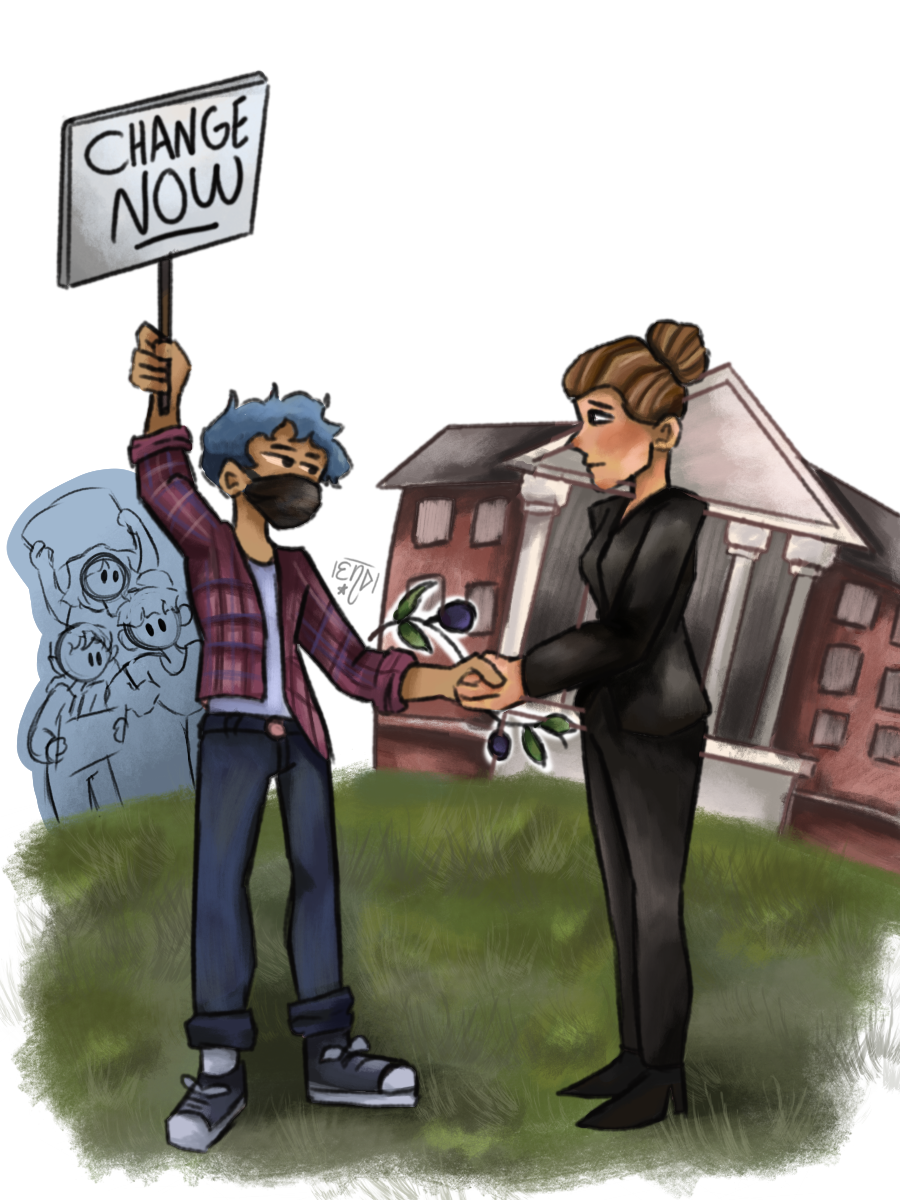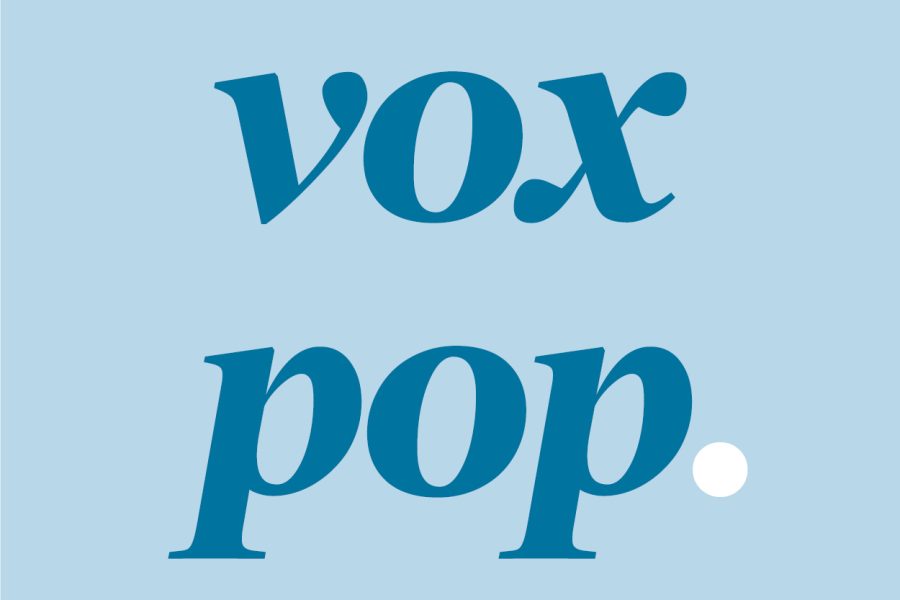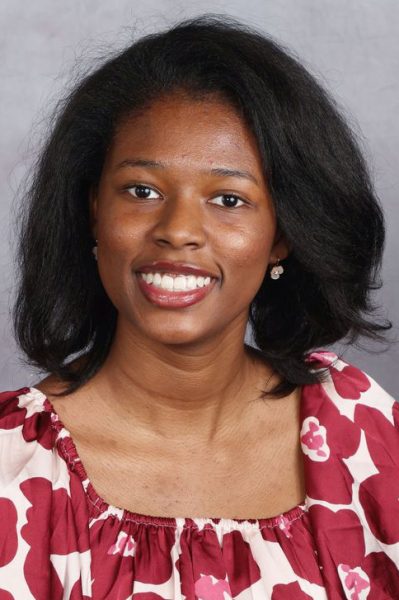Over three years since the onset of the Black Lives Matter movement, a new global wave of DEI and social justice activism has encouraged everyone to be more aware. DEI training tells us that people’s individual experiences inform the way they think, and we should celebrate the diversity in different perspectives. Just like the rest of the world, Laboratory Schools students are encouraged to spend a lot of time reflecting on DEI topics through workshops, assemblies and a mandatory middle school DEI course. As a result, students are much more conscious and sensitive to their own implicit biases, but not much has changed in actuality.
During the Jewish Students’ Association’s Holocaust Remembrance Assembly and the Black Students’ Association’s MLK assembly, club leaders expressed their disappointment in the school community. Both groups expressed that Lab had made less-than-ideal progress toward its DEI objectives.
DEI initiatives, while well intentioned, are just the novel way of convincing ourselves that the world is more equitable. In reality, intuitions are left unchanged, and 45-minute assemblies or DEI words-of-the week do little to support the daily lives of students.
Conservatives have used this impasse and rhetoric to cut DEI programs in several states, and assert that DEI is indoctrination of anti-American values, arguing that DEI is completely useless, but exposure to diversity topics is an important part of our education. There’s just too much of it.
Tomas Gomez-Arias, dean of the College of Business Administration at California State University, Stanislaus, argues that “training in cultural competence” can unintentionally lead to “cultural arrogance.” Leading with our individual cultural identity can create a barrier. Instead we should be asking the questions, Who are we? and What do we do? It’s a practice of cultural humility.
Students at Lab are apprehensive to take a position that is deemed to be offensive or politically inaccurate at the expense of violating a classmate’s sense of belonging. English and history class discussions could be so much more if students weren’t constantly thinking about their own individuality and the idea that elegant phrasing is necessary to avoid being racist.
In a 2021 article posted on Medium, Dr. Shayla R. Griffin, co-founder of the Justice Leaders Collaborative, emphasizes the importance of having the right people in the room. No two-hour training or 45- minute assembly will convince people who already don’t believe the world is inequitable, that systemic change is necessary and worth their time.
DEI conversations should be approached with more nuance. Instead of an overhaul of repetitive conversations that don’t engage the student body, we should be more intentional about our programming, or reduce the amount. In my experience, organic conversations are much more effective methods for learning about DEI than going overboard on mandatory discussions.
In a 2022 article in the Harvard Business Review, Lily Zheng, a DEI strategist, writes that DEI training rarely alters behavioral choices. People are much more likely to respond positively when DEI conversations are framed as individual problems that need to be fixed. To avoid backlash to a well-intentioned program, emphasis on systemic change and long-term goals should be the focal point.
U-High must be intentional about DEI discussions for them to be effective. Students are not convinced that Lab is where it should be on inclusion. Several required community gatherings don’t translate to an increased sense of belonging.




